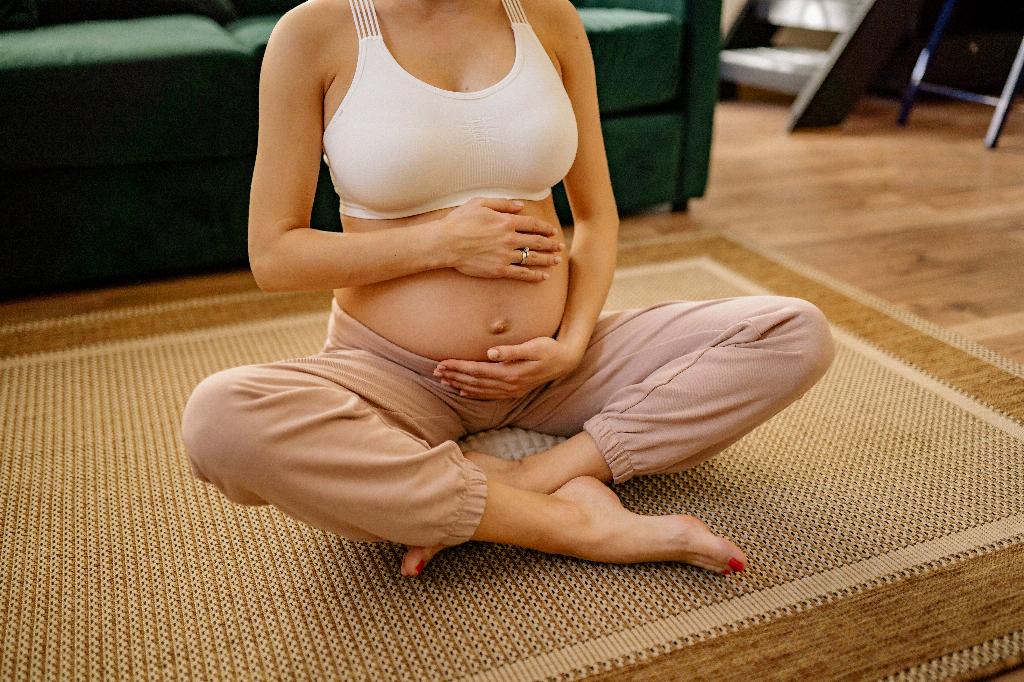When it comes to taking a pregnancy test, timing is crucial in determining its accuracy. The query of whether 6-7 days past ovulation (DPO) is too early to test often arises among individuals eagerly awaiting confirmation of a potential pregnancy.
At this early stage, the levels of the pregnancy hormone hCG (human chorionic gonadotropin) in your urine may not be sufficient to yield a positive result on a home pregnancy test. Most home pregnancy tests are designed to detect hCG levels around the time of your missed period.
Testing too early can lead to false-negative results, causing unnecessary confusion and disappointment. It is essential to give your body ample time to produce detectable levels of hCG before testing for a more reliable outcome.
While some individuals may experience early pregnancy symptoms as soon as 6-7 DPO, such as implantation cramping or spotting, these signs are not definitive indicators of pregnancy and vary from person to person.
It is recommended to wait until at least 14 days past ovulation before conducting a pregnancy test for the most accurate results. Testing too early can result in inaccuracies, leading to further uncertainty and anxiety during the waiting period.
Patience is key when it comes to taking a pregnancy test. Waiting until closer to the time of your expected period or beyond increases the likelihood of obtaining a reliable outcome and avoiding potential false-negative results.
Additionally, the frequent use of home pregnancy tests can be emotionally draining and financially burdensome. Waiting until the optimal time for testing can help mitigate these stressors and provide a clearer picture of your pregnancy status.
It’s important to acknowledge that every individual’s body and pregnancy journey are unique. While some may receive accurate results early on, others may require more time for hCG levels to rise sufficiently for detection.
Consulting with a healthcare provider can also offer guidance on the most appropriate time to test for pregnancy based on your specific situation and medical history.
Ultimately, the decision of when to take a pregnancy test rests with the individual. However, waiting until at least 14 days past ovulation is generally advised for increased accuracy and reduced likelihood of false results.
Remember that regardless of the outcome of a pregnancy test, self-care, emotional support, and open communication with your healthcare provider are vital components of navigating the journey to parenthood.
In conclusion, while the urge to test early may be strong, waiting until 6-7 DPO is generally considered too early to obtain reliable results. Giving your body sufficient time to produce detectable levels of hCG before testing can help ensure a more accurate and conclusive outcome.

